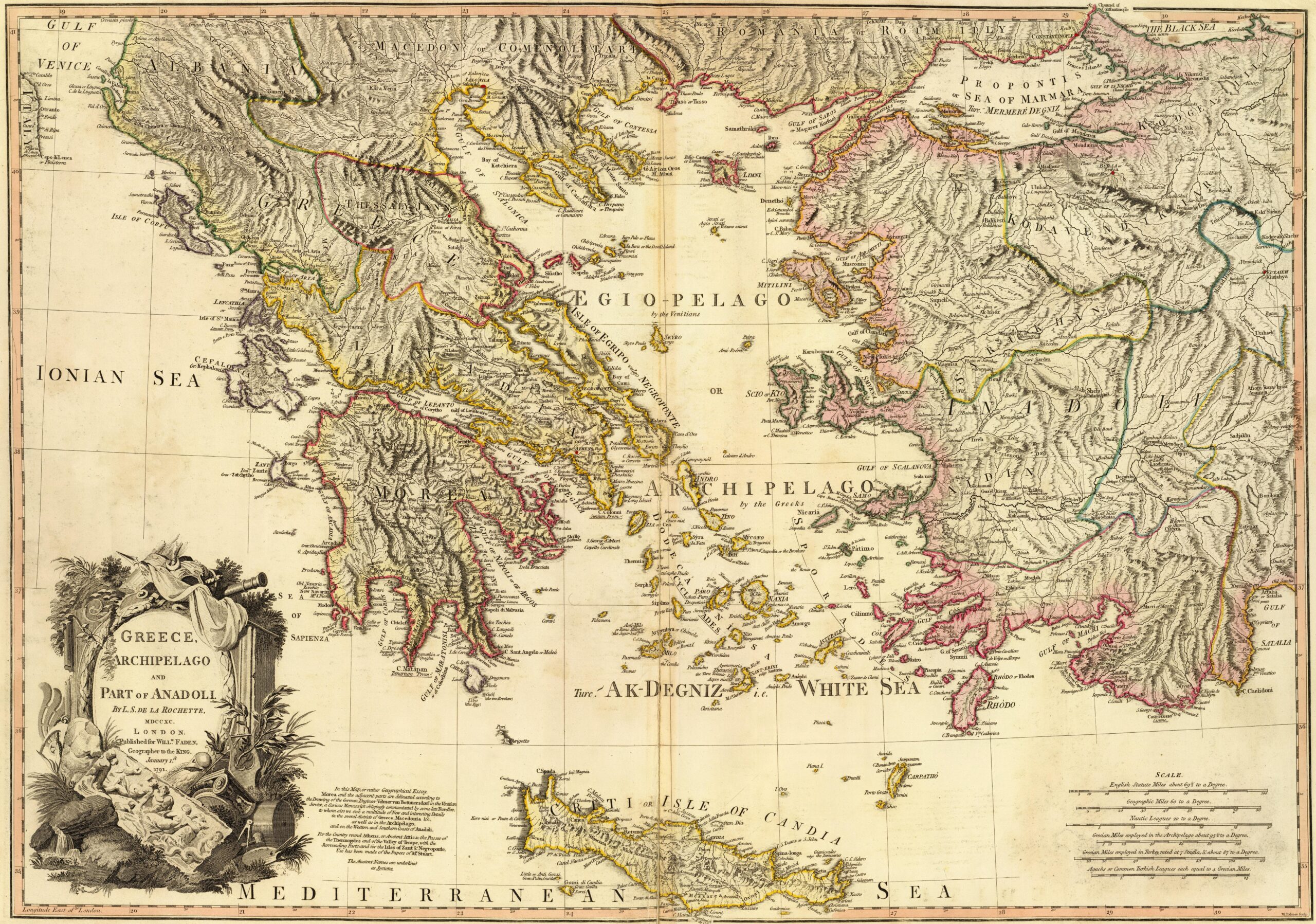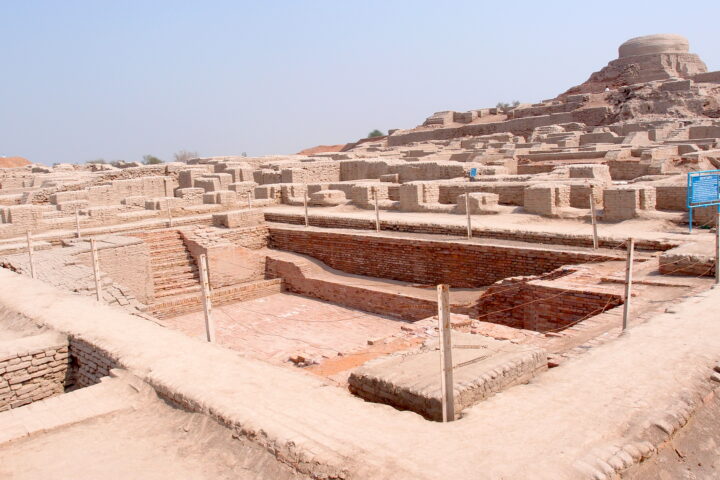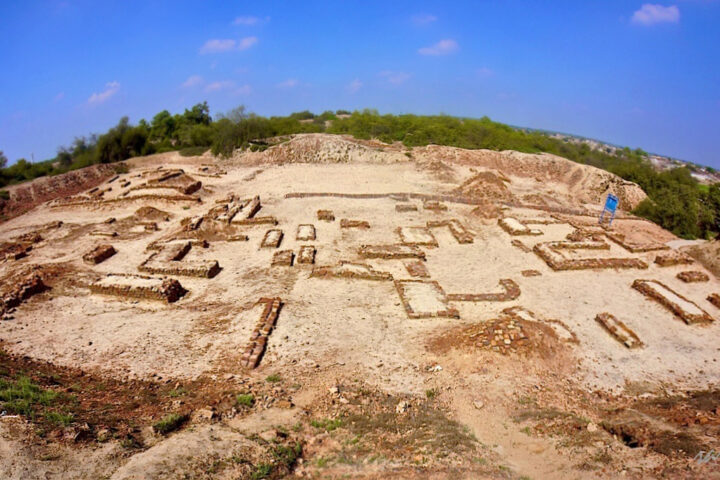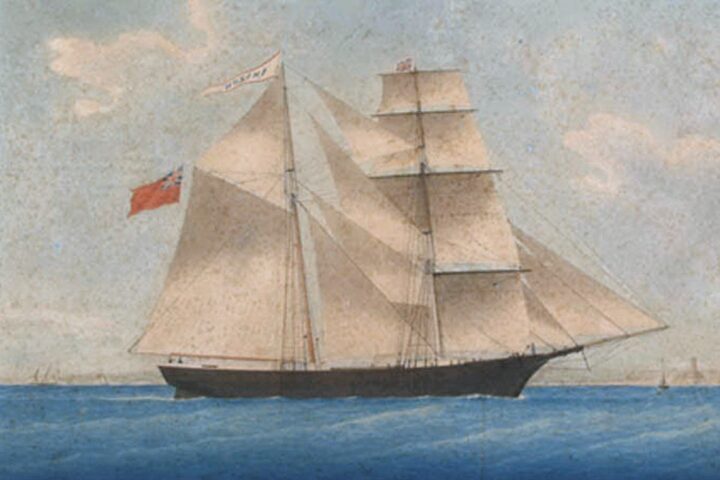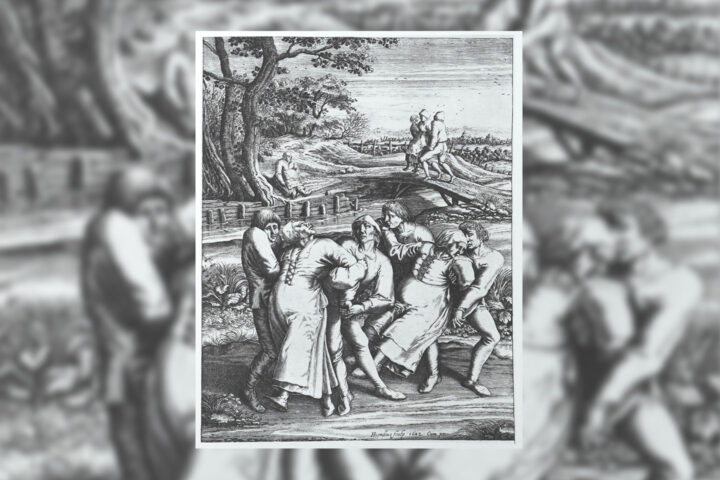Source: Wikipedia_Map_of_Greece,_Archipelago_and_part_of_Anadoli;_Louis_Stanislas_d’Arcy_Delarochette
Introduction
Ancient Greece is a country that is synonymous with myth and legend. As the cradle of democracy, birthplace of philosophy and arts, influence has cascaded down the ages. With this in mind, the article will deeply dive into the significant accomplishments of Ancient Greece, tracing its excellence in the realms of politics, philosophy, science, mathematics, medicine, literature, art, and architecture.
Political Development: The Birth of Democracy
One of the most enduring legacies left behind by Ancient Greece is the concept of democracy. Greek democracy might not be perfect, yet it was an innovative experiment in self-governance. Athens especially developed a kind of democratic system where citizens participated directly in decision-making. In fact, the Athenian Assembly, which was really composed of all male citizens, had the authority to “make laws, elect officials, and declare war.”.
While Athenian democracy lacked inclusiveness since it excluded women, slaves, and aliens, the principles garnered from it have been adapted by other societies around the world, thus serving as a strong foundation for democratic principles.
Importance placed upon civic participation and responsibility reflected a ” citizenship” concept from the Greek, also impressing great influence on Western political thought.
Philosophical Exploration: Socrates, Plato, and Aristotle
Ancient Greece was an intellectual ferment period, and nowhere could this be identified quite as vividly as within the realm of philosophy. The three giants of Western history-Aristotle, Plato, and Socrates-were all Athenians.
The charismatic teacher and philosopher Socrates galvanized the conventional wisdom and encouraged a critical understanding that eventually became the Socratic method. This method of questioning and dialogue has remained at the center of philosophical inquiry. Plato was one of the pupils of Socrates and developed the theory of forms that propounds the existence of a higher realm of ideal objects. His dialogues, such as the Republic, expound on a wide range of different philosophical subjects, including justice, morality, and the structure of the state.
Born as a pupil of Plato, Aristotle was the great philosopher who benefited the world with prolific works in several fields: logic, metaphysics, ethics, and politics. His work on logic actually laid down the fundamentals of formal reasoning and his theories on both ethics and politics have continued to shape Western thinking.
Scientific and Mathematical Discovery
Ancient Greece also became famous in science and mathematics. Pythagoras, a mathematician and philosopher is said to be the man who invented the core principle of geometry, the Pythagorean theorem. Similarly, Euclid, another great mathematician wrote the Elements which has been one of the most used comprehensive texts about geometry for many centuries.
In the field of astronomy, the Greeks had observed greatly and even advanced theories as to what it was like in the universe. Aristarchus of Samos came up with a heliocentric model of the solar system, and he assumed that the Sun was placed at the centre of it. While his theory was not accepted generally during his time, he did precieve works that Copernicus has developed on his own centuries later.
Medical Innovations: The Hippocratic Oath
The Greeks also excelled in medicine. Hippocrates, hailed as the “Father of Medicine,” established the first systematic approach to the study of the disease. He pointed out such characteristics as observation, diagnosis, and prognosis; he even wrote the Hippocratic Oath, a code of ethics still used by physicians.
Literary Masterpieces: Homer’s Iliad and Odyssey
Ancient Greek literature is described as beautiful, complex, and of strong appeal. Among them, the most famous Greek poet, Homer, wrote the Iliad and the Odyssey-two epics describing the Trojan War and the subsequent adventure of Odysseus. Much can be learned about Greek culture, mythology, and values through these works.
Artistic and Architectural Achievements
The Greeks also excelled in the arts and architecture. Their sculpture is amazing within the framework of realism, especially during the Classical period. Among the most known buildings by the Greeks is the Parthenon, which is dedicated to the goddess Athena. Its harmonious proportions and intricate details have inspired many architects and artists throughout the centuries.
Impact on Western Civilization
The influence of Ancient Greece is immeasurable on Western civilization. The contributions of the Greeks to politics, philosophy, science, mathematics, medicine, literature, art, and architecture characterize the way we think, live, and govern ourselves. Their ideas and ideals continue to inspire and inform us today.
The Impact on Modern Society
Going even beyond the restrictions of the classical period, the influence of Ancient Greece has extended into so many areas of modern society itself, whether in terms of politics and philosophy or art and architecture.
Political Thought and Democracy
By the standards of modern democracy, this Greek concept is far from ideal. However, it continues to serve as a model of democratic systems all over the world. Popular sovereignty-not to say in the modern interpretation-is still, after all, the core principle of democratic governance, with the people being the source of political power. Even the direct participation of the citizens of Athens in making decisions by the Athenian Assembly influenced the later experiments with democratic governance, such as the American Revolution and the French Revolution.
Civic participation and responsibility defined for Greek civic contexts affect our modern conceptions of citizenship in democracies. Although the “active citizen” is often viewed as someone who shares time and energies devoted to the common good, this remains an important ideal throughout much of the West.
Philosophy and Intellectual Inquiry
The tradition of Socrates, Plato, and Aristotle developed in Western thought still exerts an influence that is massive as one takes out the inquiry into ethics, politics, metaphysics, and epistemology for debate and discussion.
Critical thinking and inquiry have seen the inspiration from Socrates, forms theory is something that shaped the ground for metaphysical and philosophical thought by Plato centuries ago. Even Aristotle’s works in the fields of logic, ethics, and politics have laid down a platform for much further inquiry into philosophy and political theory.
Science and Mathematics
The ancient Greeks did so much to advance science and mathematics. These include: Pythagoras’ theorem, Euclid’s Elements, and the contributions of astronomers such as Aristarchus, which laid the basis for modern scientific inquiry. Greek attention to empirical observation and rational inquiry has shaped the scientific method and the pursuit of knowledge.
Arts and Architecture
Greek art and architecture are the starting points that shake the roots of every Western legacy. The Parthenon, with its harmonious proportions and intricate details, is considered one of the greatest achievements in ancient architecture. In fact, the artistry in Greek sculpture, being accurate in terms of life-like images, made a work of beauty that inspires generations of artists and sculptors to this day.
The aesthetic ideal of Greece is the kind that has been used and even interpreted by various great artists and architects from time to time. Heavily borrowing from the Greek, the Renaissance stage “in terms of art and architecture was notably influenced by Greek art and architecture.”.
The impact of Ancient Greece is not limited only to politics, philosophy, science, and art. For almost two centuries, Greek mythology and stories of gods, heroes, and monsters have fascinated people. From an archeological phenomenon in the 19th century, the Greek Olympic Games have become today’s spectacular worldwide sporting event celebrating athletic achievement and human spirit.
Since Greek has been the mother language for most modern languages, its impact can also be seen on Western culture. Many words in the English language and other European languages are derived from Greek; hence, its influence is quite evident till date.
Conclusion
The legacy of Ancient Greece is rich and multifaceted. Its impact is to be felt everywhere from the work of politicians and thinkers to the work of artists and architects. In effect, the impact of the Greeks on Western civilization has been profound and lasting. Even their ideas and ideals continue to inspire and inform us today, and their legacy will be felt by generations to come.
Sources:
- https://en.wikipedia.org/wiki/Ancient_Greece#:~:text=For%20this%20reason%2C%20Classical%20Greece,philosophy%2C%20science%2C%20and%20art.
- https://en.wikipedia.org/wiki/Ancient_Greece#:~:text=For%20this%20reason%2C%20Classical%20Greece,philosophy%2C%20science%2C%20and%20art.
- https://www.quora.com/Why-was-Greece-considered-the-cradle-of-western-civilization-What-accomplishments-made-them-earn-this-name
- https://en.wikipedia.org/wiki/History_of_Western_civilization_before_AD_500

